Corporate Events & Return on Relationships
Return on Relationships (ROR) is a holistic approach to measuring event success and reach.
In this article, we’ll explore what ROR is, how it can be used, and the difference between it and traditional ROI.
In corporate events, proving value is critical to knowing the impact and reach of an event.
For many years, the prominent metric to measure an event’s success has been ROI (Return on Investment). Recently, another metric has started to rise to the top. Its use is solid on its own and even greater combined with ROI measurements.

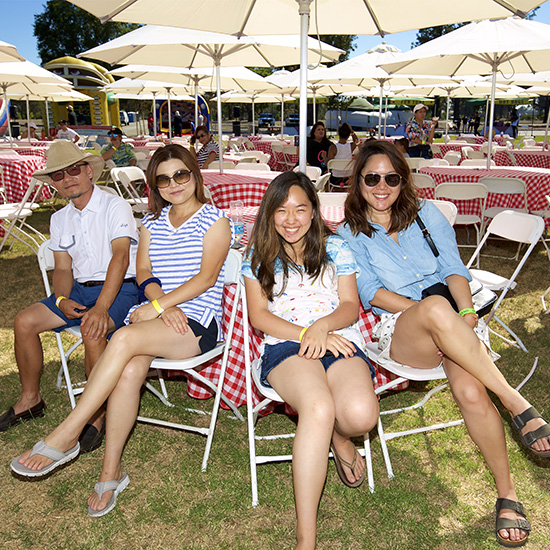
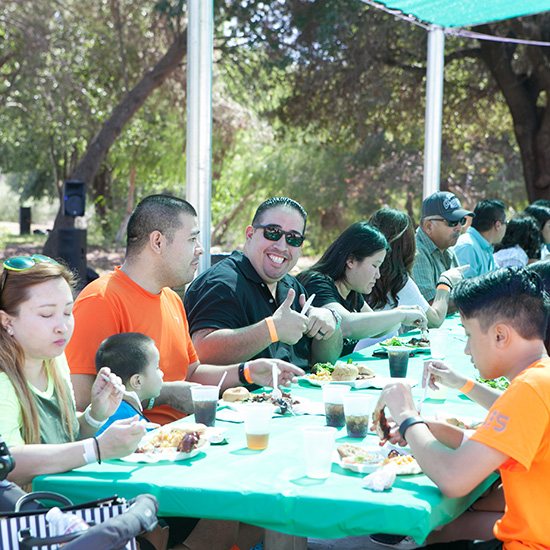
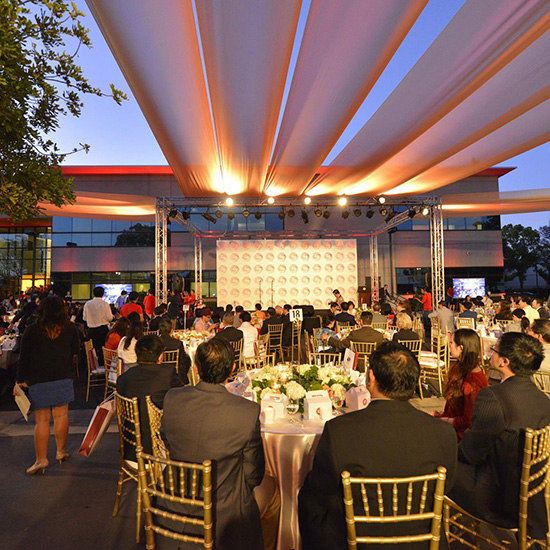
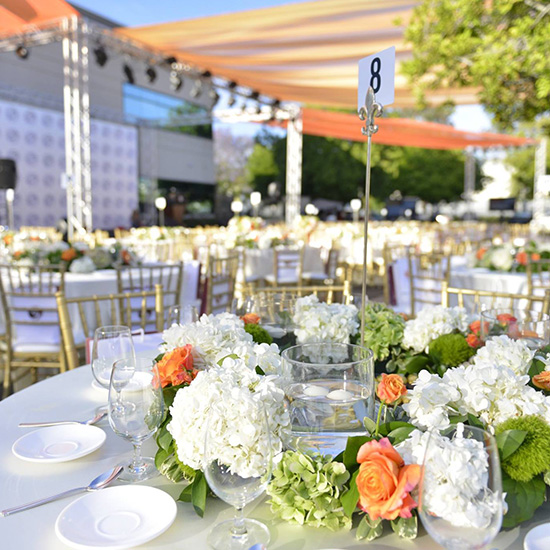
Understanding ROR
What is ROR? In event marketing and planning, ROR is a metric which tracks the development and nurturing of relationships with attendees, clients, partners, and employees through events. Utilizing data points such as attendance, revenue generated, attendee satisfaction, and brand perception, ROR can give you a well-rounded approach to analysis. Whereas ROI focuses on financial measurements, ROR focuses on a wide range of metrics with an emphasis on long term, intangible benefits.
Measuring ROR is less straightforward than ROI, which can be measured through formulas and calculations. To measure your Return on Relationships, you have to rely on surveys, polling, and feedback on your relationship capital. Since you’ll measure qualitative concepts like brand loyalty, employee satisfaction, and customer retention, you’ll depend on things like self-reports and online engagement metrics.
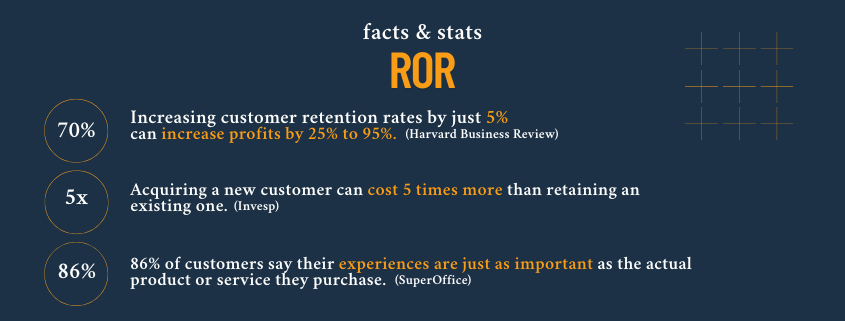
Why ROR Matters for Corporate Events
ROR can show you how successful your event impact is on customer bases, partners, and employees. It’s an especially useful measurement for impact-focused events like activation events and experiential marketing events, but it can be used for any event type. ROR offers an insightful way to track event performance since it focuses on these many aspects. It reaches deep and provides a way to track enduring aspects of the event.
Here are a few examples of how ROI can benefit your event:
- Helps Build Brand Loyalty and Advocacy
- Can Boost Customer Retention
- Helps Foster Community
- Improves Engagement
- Can Gather Qualitative Insights (Attendee Sentiment, Satisfaction, and Brand Perception):
- Drives Long-Term Value (Brand Trust, Repeat Customers, Referrals, Employee Engagement and Satisfaction)
ROR vs ROI
There are a few differences between ROR and ROI. Here’s a breakdown of the focus, timeframe, measurements, and more of each:
| FEATURE | ROI (Return on Investment) | ROR (Return on Relationship) |
|---|---|---|
| Focus | Tangible, financial profit | Intangible, value of connections & loyalty |
| Timeframe | Typically short-term to medium-term | Often medium-term to long-term |
| Measurement | Typically short-term to medium-term | Often qualitative (though it can have quantitative indicators) |
| Primary Goal | Justify expenses, demonstrate financial return | Build loyalty, foster community, and enhance engagement |
| Nature | Transactional | Relational |
The Importance of Using Both ROR and ROI
So what’s better, ROI or ROR? Well, both and neither. In all honesty, they work best together.
Using both ROR and ROI offers a deep understanding of event performance on many levels. The two methods combined give you a valuable picture, in both financial and intangible metrics. For example, an event may gain a modest ROI but have an exceptional ROR, and without measuring for both, you would not see the full success of the event.
Combining both also means enhancing the attendee experience and using the data to plan even more personalized, meaningful events. Through this, you can develop nuanced event plans for the future and guarantee even further success and returns.
ROR and ROI combined aren’t just great for your attendees, but for your company as well. Measuring both lets you see the long-term impact of your events in ways like brand growth, employee and customer loyalty, and employee engagement and retention. This helps you understand the payoff in personal and professional ways.
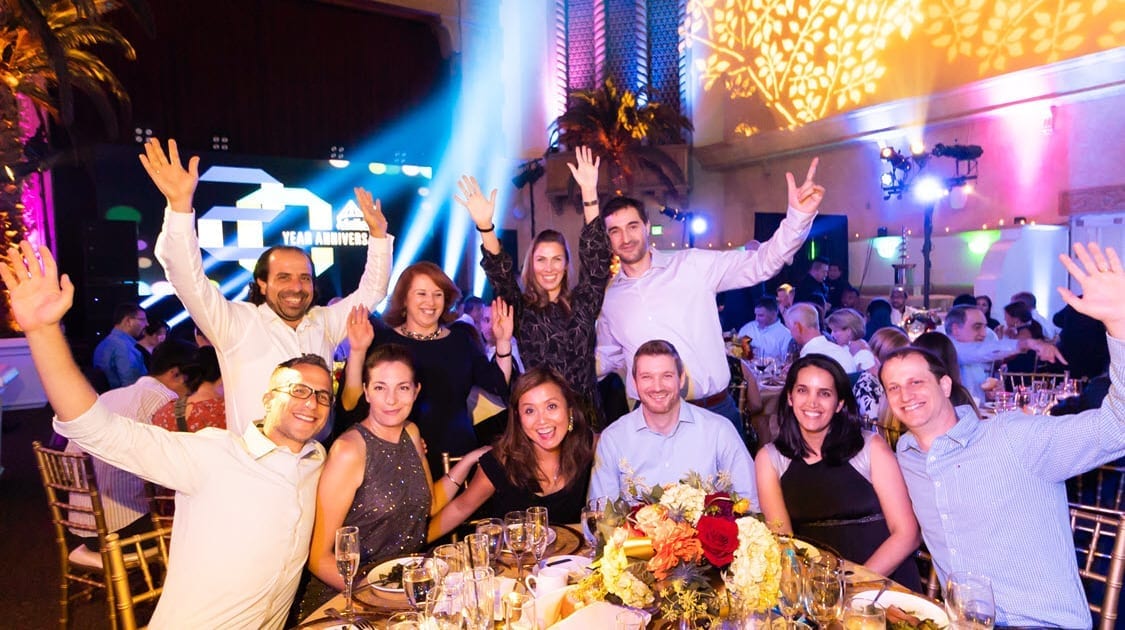
Measuring ROR for Corporate Events
Now you might be wondering how to calculate ROR? Here are some ways:
- Event Surveys: Gather feedback on attendee satisfaction, their likelihood to recommend your brand, and their perception of the relationships built or strengthened.
- Social Media Engagement: Track mentions, shares, sentiment, and growth in followers related to the event.
- Engagement Scoring: Use event technology to track attendee interaction with various event features (session attendance, networking app usage, booth visits, as seen in our event badges guide).
- Lead and Relationship Tracking: Monitor the progress of relationships built or grown at the event (progression through the sales funnel, repeat business, referrals).
- Community Growth: Observe online growth and engagement related to your brand or event.
- Net Promoter Score (NPS): Measure your NPS through brand loyalty and willingness to recommend.
A Combination for Success
When it comes to measuring the impacts of your event, consider using both metrics to your advantage. Casting a wider net on an event’s success enables you to plan even more impactful and successful events in the future. Whether your event caters to your company’s employees or the wider community, relationships matter and so do measuring them.
Our company specializes in planning successful events, including boosting ROR and maximizing event ROI. Let us help you take your event to the next level and gather deep insights on its success. Fill the form below to speak with an event planner and begin planning your event.
BOOK MY EVENT NOW!
* indicates required fields